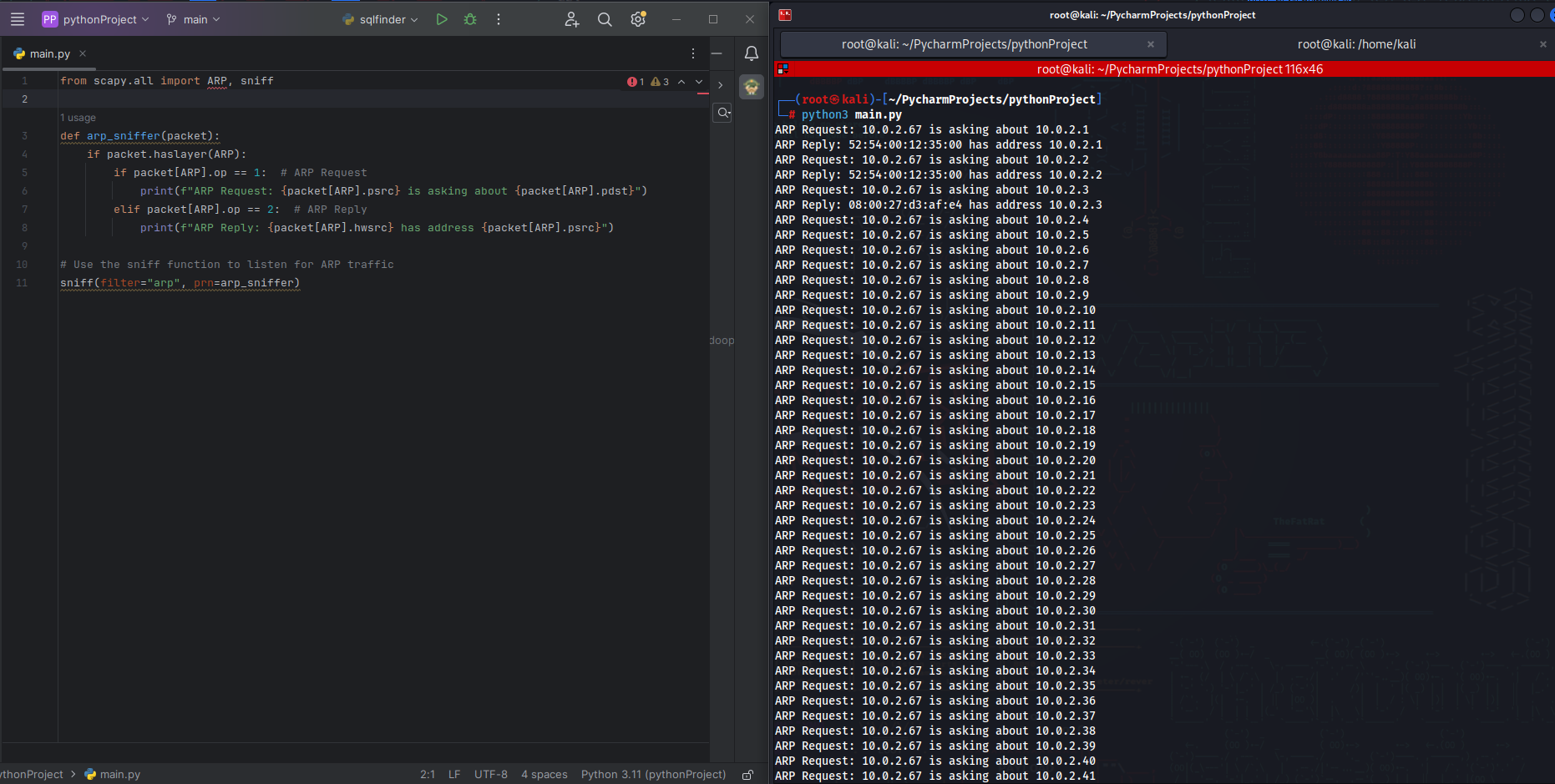Machine Learning in Network Security: Preventing Cyber Attacks
Introduction Cybersecurity has become one of the most critical issues of the digital age. With technological advancements and the widespread use of the internet, the diversity and complexity of cyber threats have also increased. Traditional security systems are becoming increasingly insufficient against these constantly evolving threats, while machine learning technology emerges as a promising solution. With its ability to learn … Read more









